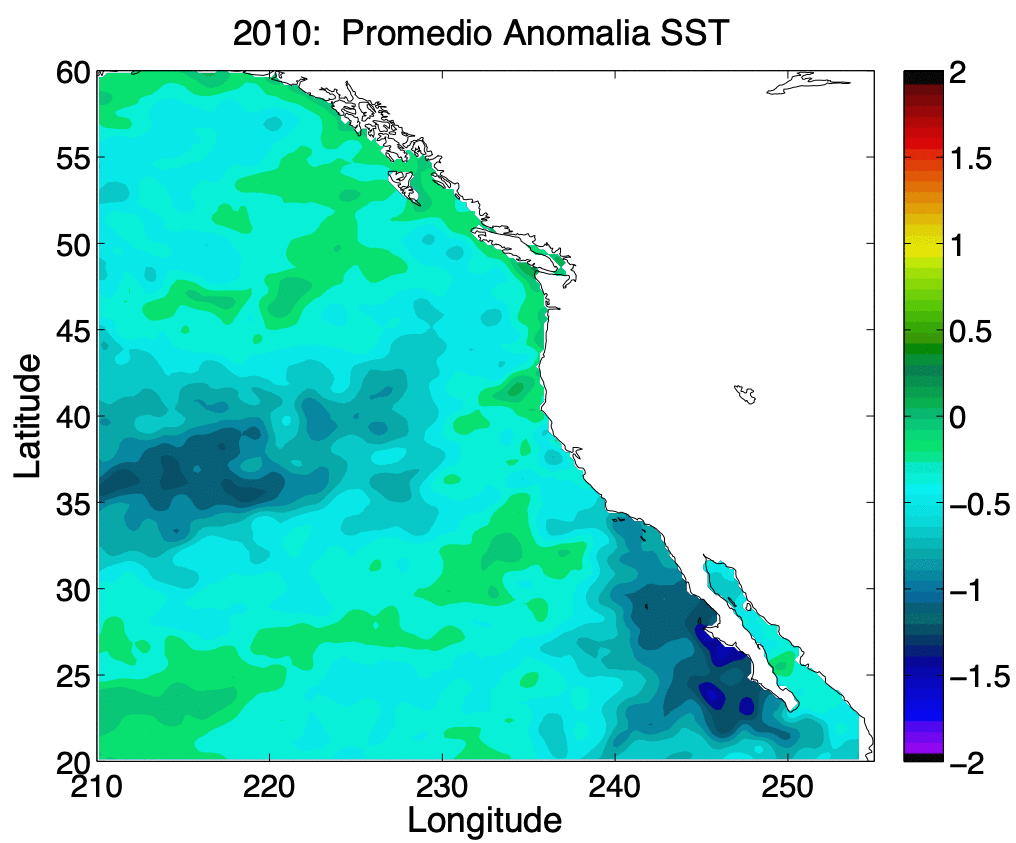Profiles from the Peninsula is a series dedicated to spotlighting the partners who make up the Baja Working Group and their projects. This week’s profile is on Dr. Rodrigo Beas, whose works utilize a variety of research methods to study the effects that climate change is having on marine systems, and in particular, kelp forests.

Puedes leer este blog en español aquí.
Profiles from the Peninsula is a series dedicated to spotlighting the partners who make up the Baja Working Group and their projects. Each week we will bring you a new profile in the form of a blog like this one. More information about the workgroup can be found here.
Dr. Rodrigo Beas is a faculty member in the Marine Science department of the Universidad Autónoma de Baja California and studies the effects of climate change on marine resources. Rodrigo combines field observations, lab work, and quantitative tools to better understand how ecosystems respond to a changing climate, and how this varies across biogeographic regions from Alaska to Baja California.

Rodrigo is the co-founder of MexCal (Managing Ecosystems Across the Californias), a research group that applies interdisciplinary approaches to promote sustainable development and resilience in small-scale fisheries associated with kelp forests, rocky shores, and estuarine systems.
One of the projects Rodrigo coordinates focuses on range shifts of ecologically and economically important species within the larger marine ecosystem of the California Current. Recent extreme ocean warming events, known as marine heatwaves, have impacted the entire range of coastal kelp forest ecosystems across the Northeastern Pacific. Rodrigo combines datasets from different monitoring programs to assess kelp forests’ community- and region-wide responses. The results of this data integration suggest that changes in community structure are most evident within the Southern Baja ecoregion, and that kelps and associated species are shifting poleward in response to environmental change. This work highlights the value of the multi-regional integration and coordination of monitoring programs (e.g. MexCal, PISCO, ReefCheck, COBI), which can improve our understanding of marine ecosystems and inform policy and resource management in the face of a changing climate.


The Baja Working Group is a collaboration between the Climate Science Alliance and the International Community Foundation. Learn more here.







